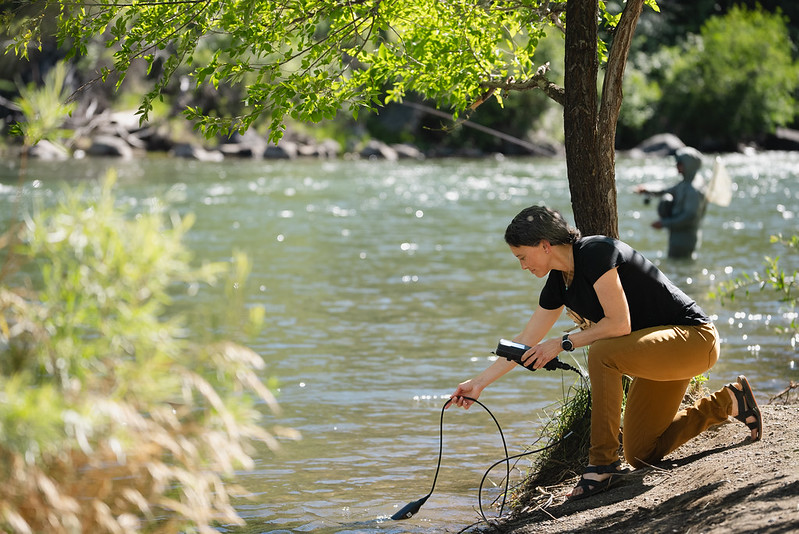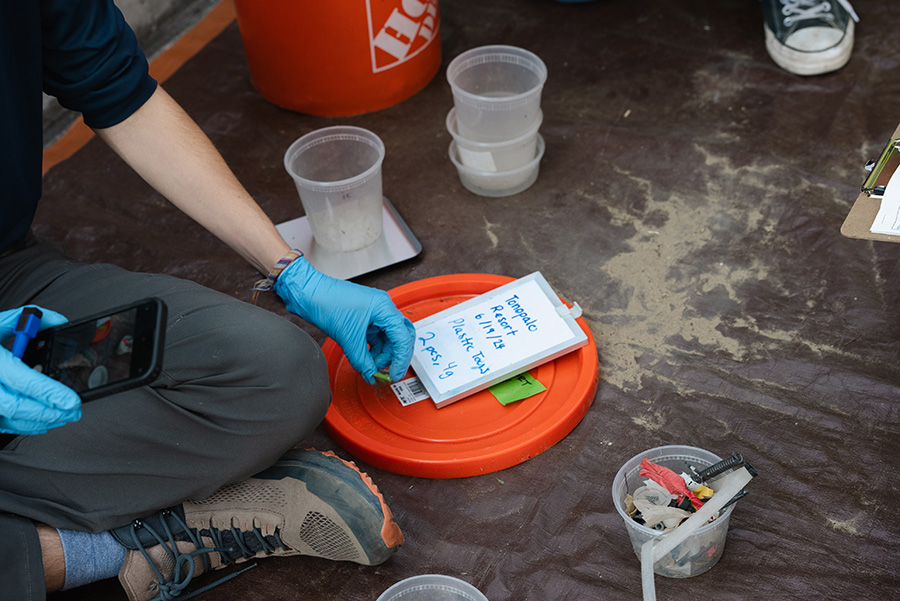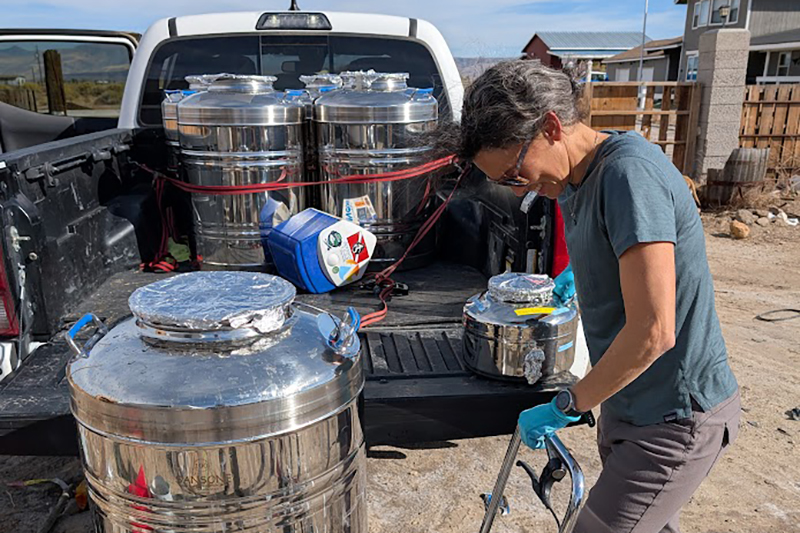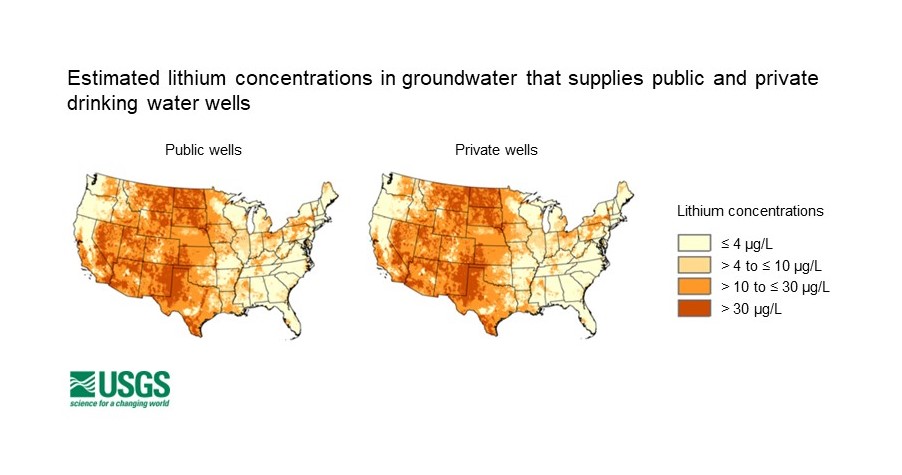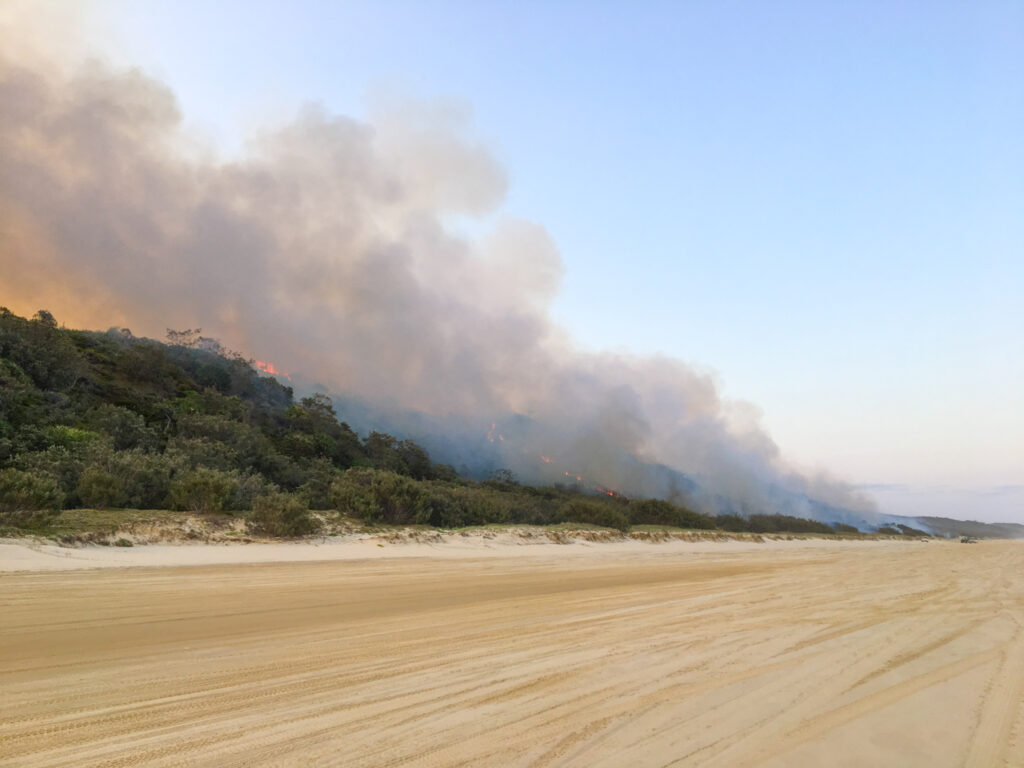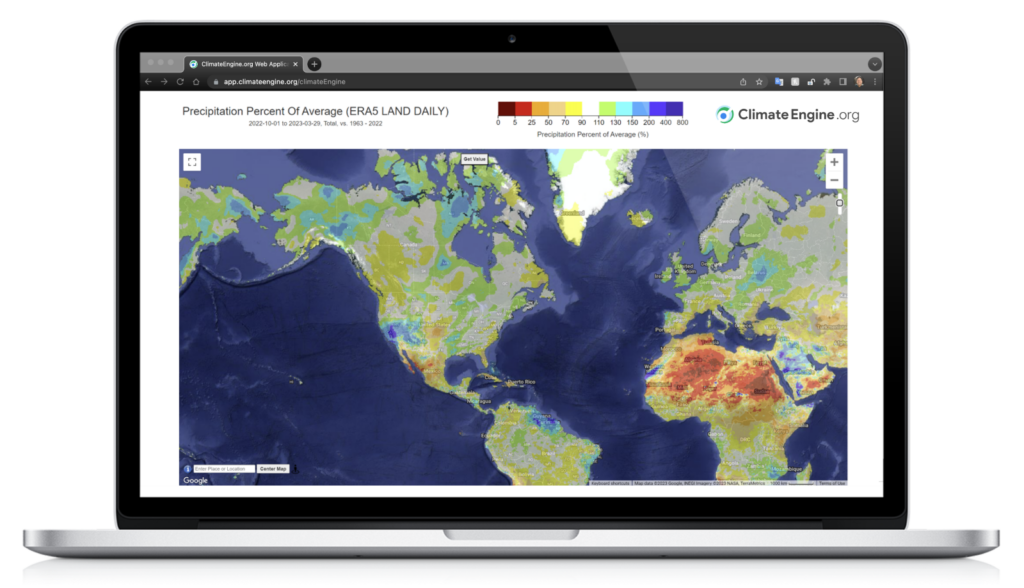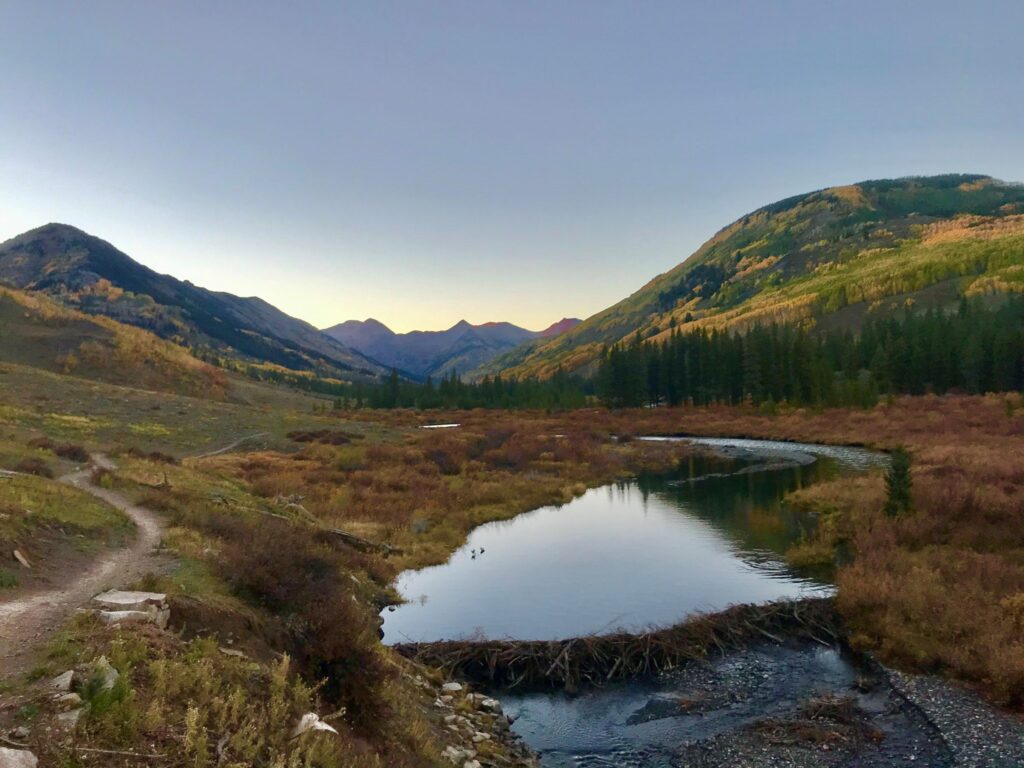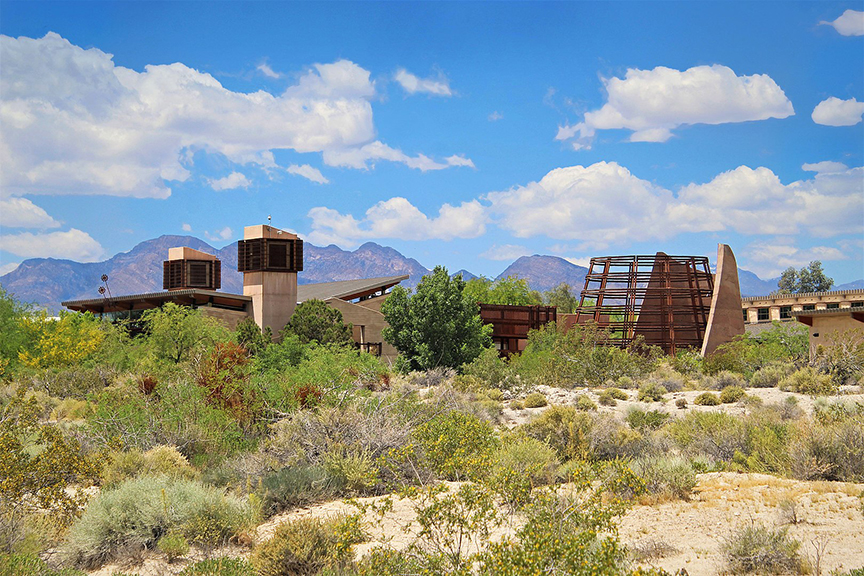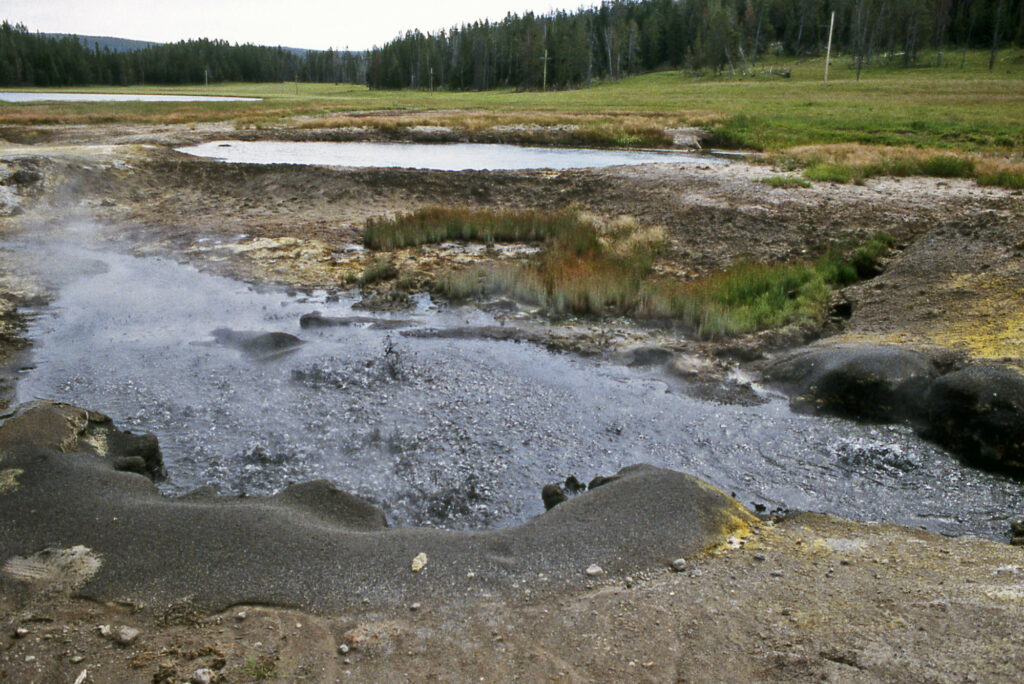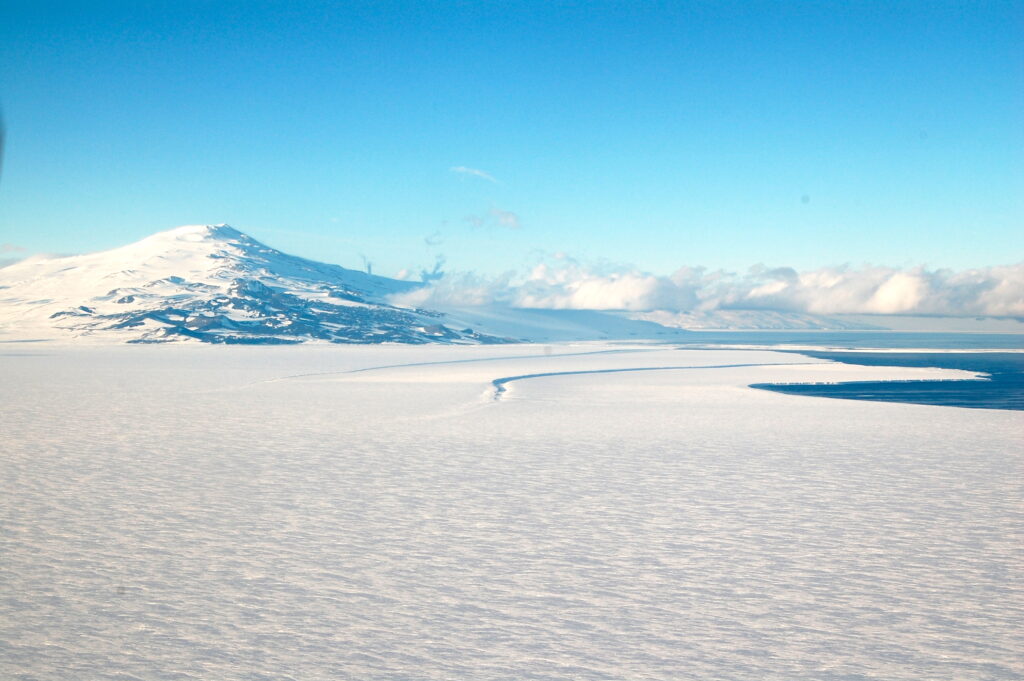DRI Launches Collaborative New Project Investigating PFAS and Microplastics for Department of Defense
DRI’s Monica Arienzo, Director of the Microplastics and Environmental Chemistry Laboratory, was recently awarded $250,000 by the Department of Defense to investigate laundering and textile degradation as a possible source of PFAS and microplastic pollution. The one-year grant will fund laboratory studies and analysis led by Arienzo, with DRI’s Daniel Saftner and Yeongkwon Son contributing to the work. Matt Reeves of Western Michigan University is partnering with the DRI scientists for the project.
